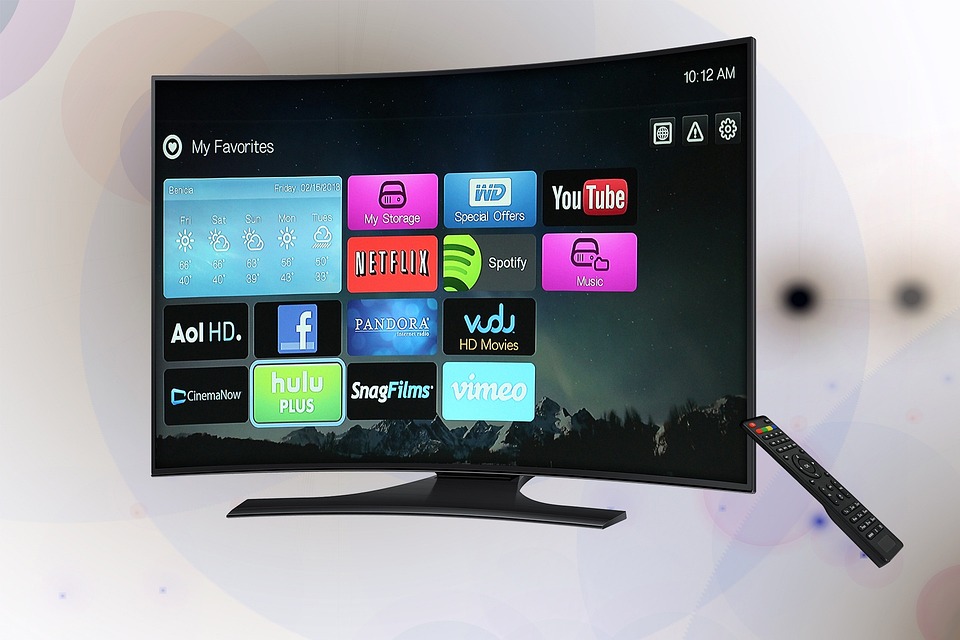The Influence of Social Media on Television Hosts’ Careers
The landscape of the television industry has drastically transformed over the past decade due to the advent of social media. The influence of social media cuts across various areas, significantly impacting the careers of some of the most prominent individuals in the industry – the television hosts.
Traditionally, television hosts mostly relied on mainstream media platforms, such as radio, print, and television itself, to build their career. Social media, however, has revolutionized this aspect, becoming an inseparable part of their professional lives. It has morphed into a dynamic platform that can either make or break a TV host’s career.
Driving personal branding and audience interactions
One profound influence of social media on the careers of television hosts is the facilitating of personal branding and audience interactions. TV hosts can now use platforms such as Twitter, Facebook, and Instagram to forge a unique brand identity and have close interactions with their audience.
These platforms act as an extension of their on-screen presence, allowing TV hosts to craft a more comprehensive and relatable image. For instance, they can share updates about their personal experiences, offer sneak peeks into upcoming shows, or just voice out their opinion on various issues.
The ability to interact directly with the audience also fosters a strong bond, which can translate into a dedicated following. This directly benefits their television careers as high social media engagement often results in better TV ratings.
A tool for instant feedback
Another important role social media plays in the television industry is providing immediate feedback for hosts. Traditionally, TV hosts would have to wait for critical reviews or Nielsen ratings to gauge their performance or the audience’s reaction.
However, social media provides a real-time platform for viewers to voice their opinions, allowing hosts to tweak their approach or style based on the constructive criticism received. This dynamic creates a two-way interaction that empowers hosts with immediate insights into their viewers’ preferences and dislikes. Furthermore, positive feedback boosts their popularity, while constructive criticism helps improve their presentation and hosting skills.
The risk of controversy
Although social media has numerous advantages, it also comes with certain risks, particularly regarding the potential for controversy. With everything posted online being permanent and accessible worldwide, TV hosts enjoy very little room for error. Content that might be offensive, inaccurate, or divisive can lead to backlash, harming their professional image. In some cases, it has led to hosts losing their jobs or facing significant PR nightmares.
The recruitment of new talent
Social media platforms like YouTube and TikTok are also providing opportunities for the discovery of new television hosting talent. TV producers are increasingly scouting social media for unique personalities who have amassed significant following due to their engaging content. In this way, social media has shifted the power dynamics within the industry, providing a launching pad for aspiring hosts who might otherwise not have broken into the world of television.
Conclusion
In a rapidly evolving digital era, social media has proven itself an indispensable tool for television hosts. It grants them the power to brand themselves, interact with and grow their audience, and obtain instant feedback. Nevertheless, it also calls for a responsible approach to handle potential controversies. Notwithstanding a few challenges, social media’s influence on TV hosts’ careers is undeniably transformative, shaping the future of the television industry in ways we are yet to fully comprehend.
